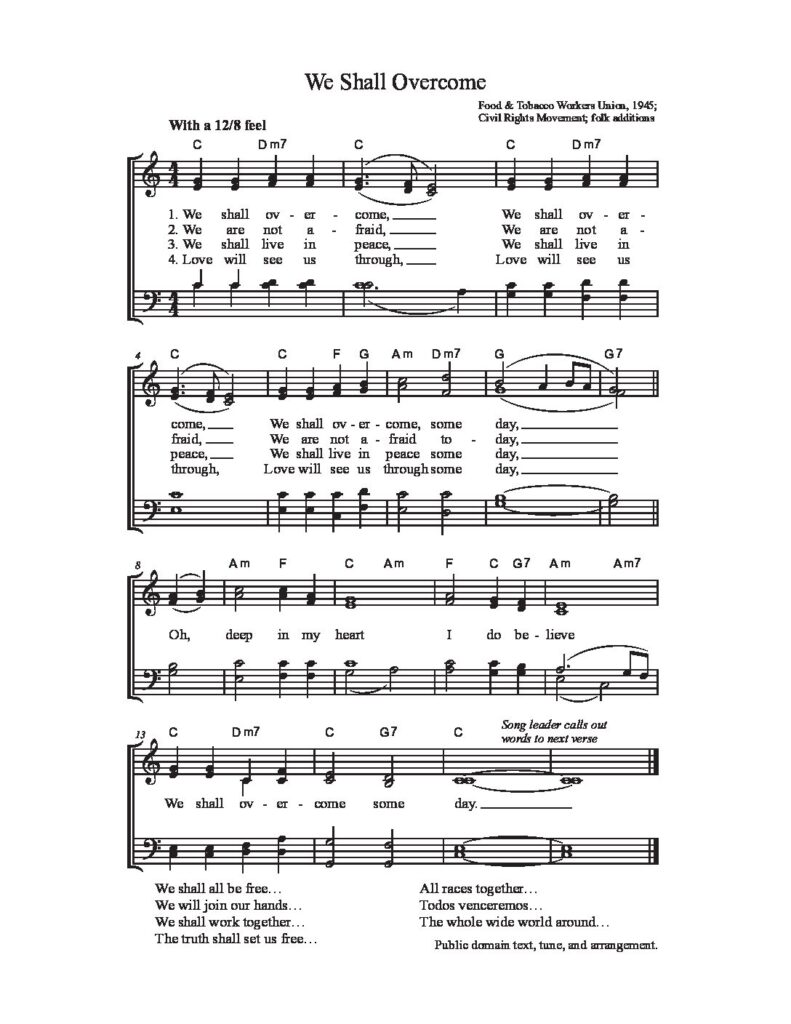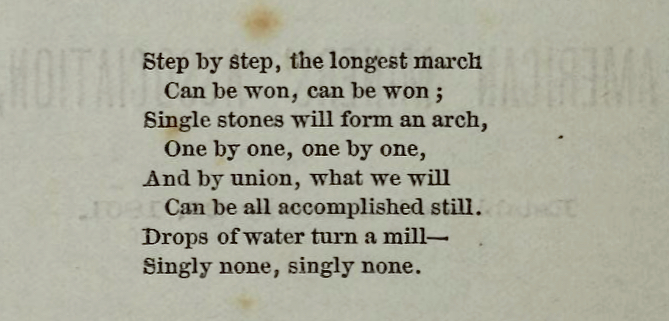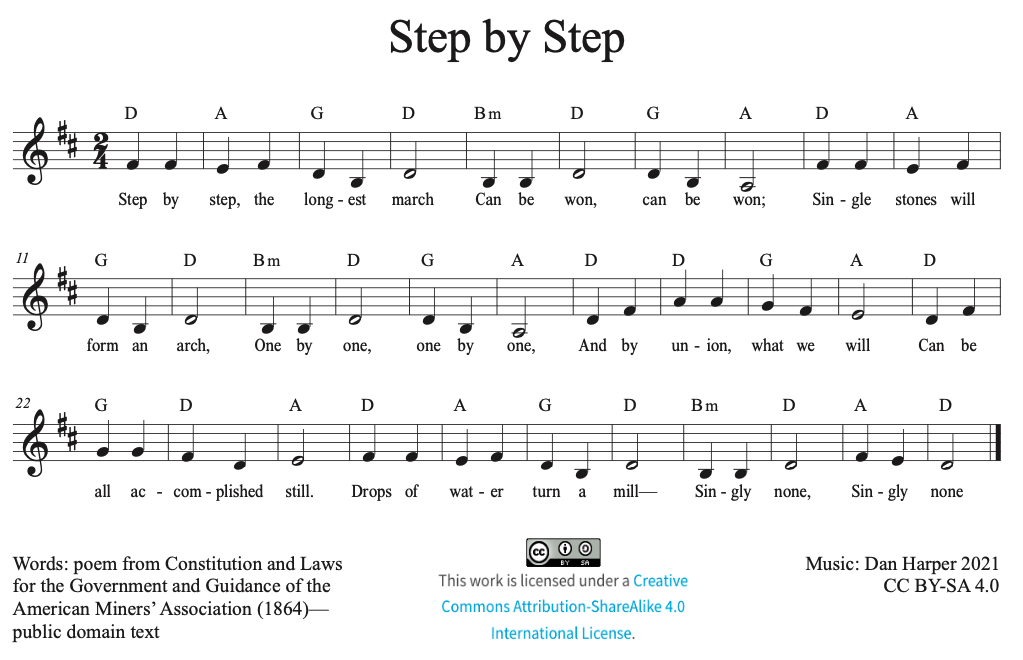Clearing a backlog of copyright-free hymns from my music files.
I’ve just uploaded PDFs of 6 more copyright-free hymns to this Google Drive folder: “The Growing Light,” “A Hundred Years Hence,” “Peace, the Perfect Word,” “Prayer for This House,” “There Are Numerous Strings in Your Lute,” and “Turn Back.” Most of these hymns have appeared in UU hymnals.
Why copyright-free hymns? Because you don’t need a license, which smaller congregations may not be able to afford. Because you can do anything you want with them, including recording them, altering them, projecting lyrics and/or music, etc., etc. In this multiplatform age, we need more copyright-free hymns.
Of this batch of copyright-free hymns, you may be most interested in “There Are Numerous Strings in Your Lute.” Lovely words by Rabindranath Tagore, the Nobel prize winning author who was associated with the Brahmo Samaj, a South Asian spiritual movement which both was influenced by Anglo-American Unitarianism, and which had a powerful influence on Anglo-American Unitarianism. The music supplied for this text in Singing the Living Tradition is pleasant, but I don’t know anyone who’s ever actually sung it in congregational worship — it comes across as more of a choir anthem. I found two 19th century shape-note tunes that fit Tagore’s text reasonably well. I hope these two easy-to-sing tunes make it more likely that this lovely text is actually sung in worship.
Of the other hymns included here, “A Hundred Years Hence” is a feminist hymn; and both “Peace, the Perfect Word” and “Turn Back” are peace songs. Full information about tunes and texts is below the fold.
Now online: 87 total hymns, including 61 from the two current UU hymnals.
Continue reading “Six more copyright free hymns”



